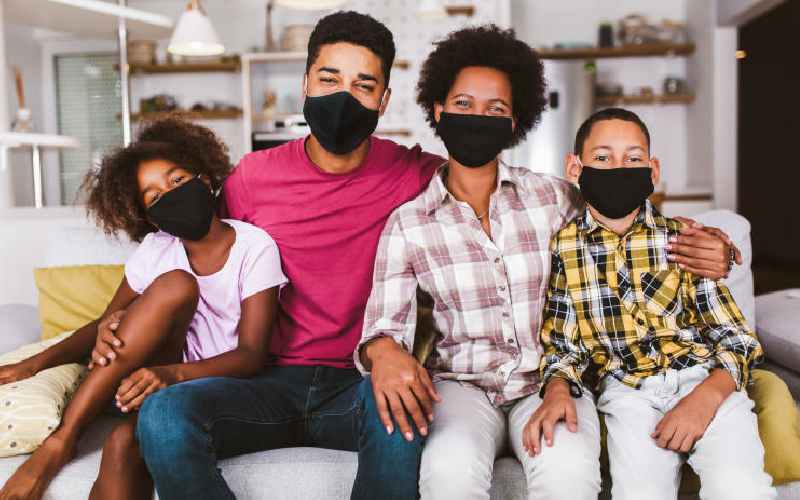×
The Standard e-Paper
Join Thousands Daily

Susan Kerama, a Nairobi resident and entrepreneur, showers her son Calvin with the best that life has to offer.
If she can afford it, the adored 14-year-old will get it. On school holidays, the teen is often sent away to camps, where he interacts with other children, playing, exploring, and laughing the holiday away.